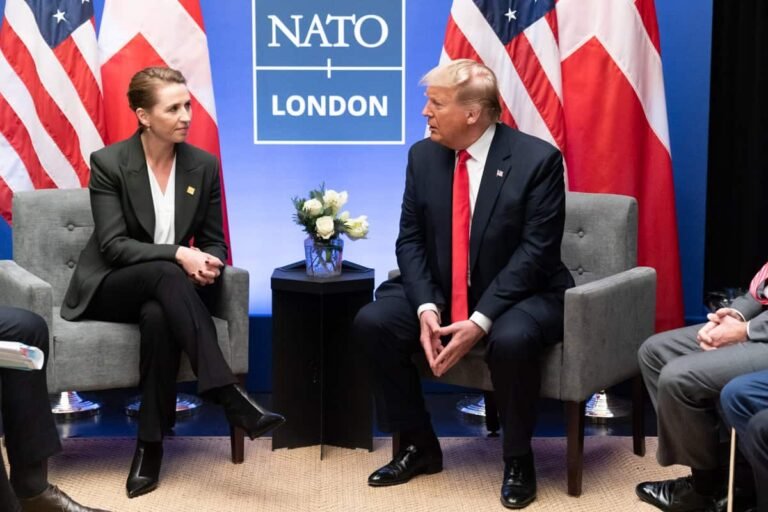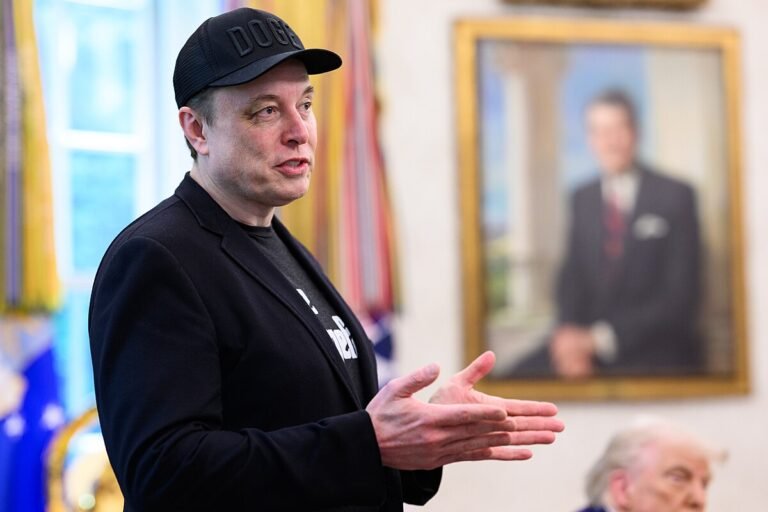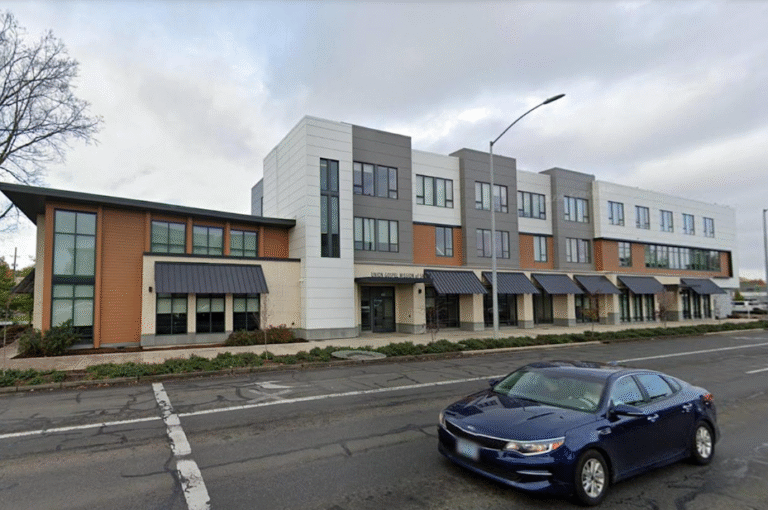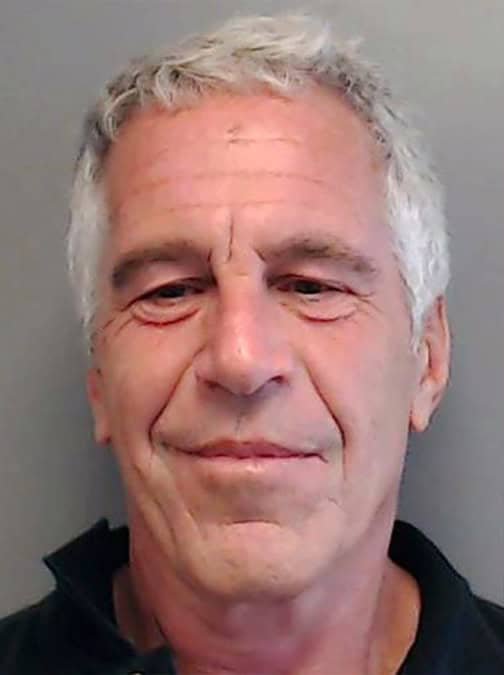NEW DELHI — Arvind Kejriwal, New Delhi’s chief minister and a prominent opposition figure in India, announced his intention to resign on Sunday, just two days after being granted bail in a bribery case.
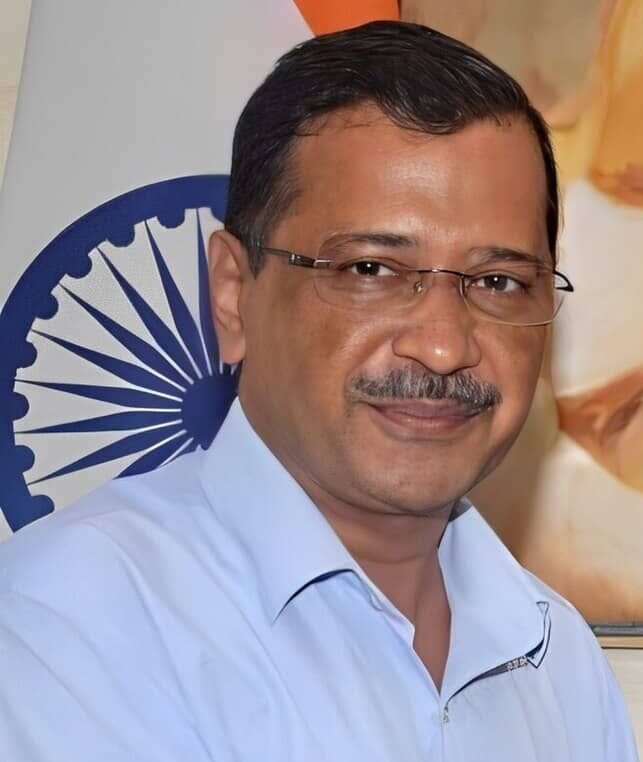
Kejriwal, known for his staunch criticism of Prime Minister Narendra Modi, was arrested nearly six months ago on charges of accepting bribes from a liquor distributor. India’s top court granted him bail on Friday. He has consistently denied the accusations, labeling them a political conspiracy.
In a public address at the headquarters of his Aam Aadmi Party (AAP), which governs New Delhi, Kejriwal said, “Today I have come to ask the public whether you consider Kejriwal honest or a criminal. I will resign from the post of chief minister two days from today.”
Kejriwal announced that his party, part of a broader alliance of opposition parties called INDIA, which stands as the main challenger to Modi’s Hindu nationalist Bharatiya Janata Party (BJP) in the upcoming June elections, will convene a meeting to decide his successor. He also called for the New Delhi elections, scheduled for February next year, to be held in November instead.
Opposition parties have widely condemned Kejriwal’s arrest, accusing Modi’s government of misusing federal investigation agencies to target and weaken political opponents. They cited numerous raids, arrests, and corruption investigations against key opposition figures in the lead-up to the elections.
Supporters of Kejriwal celebrated his release with firecrackers and dancing in the rain outside his New Delhi residence, many holding placards featuring the popular politician’s image. Meanwhile, some members of Modi’s party emphasized that Kejriwal was released on bail, not acquitted.
Government agencies have accused Kejriwal’s party and its ministers of accepting 1 billion rupees ($12 million) in bribes from a liquor distributor nearly two years ago in exchange for revising a liquor sales policy in New Delhi to favor private companies.
Kejriwal, a former civil servant, launched the Aam Aadmi Party in 2012 with a pledge to eliminate corruption and inefficiency from Indian politics and governance. The party’s symbol—a broom—and its promise to clean up the administration resonated with New Delhi residents frustrated by high inflation and slow economic growth.
